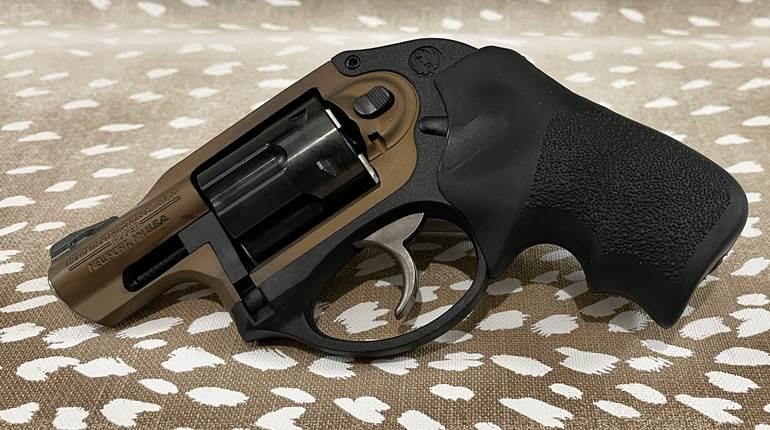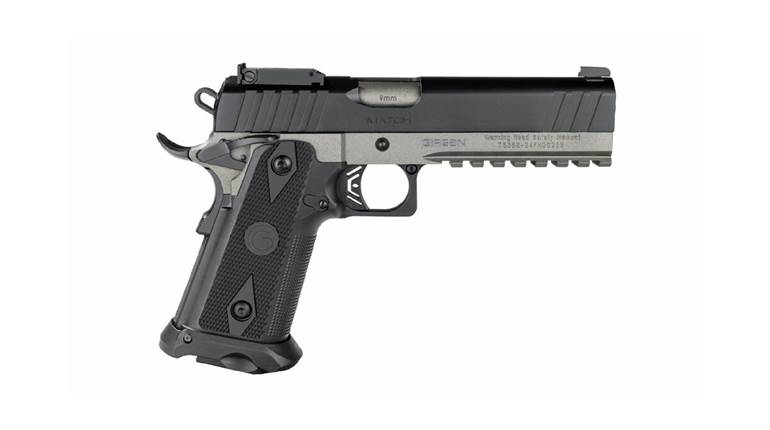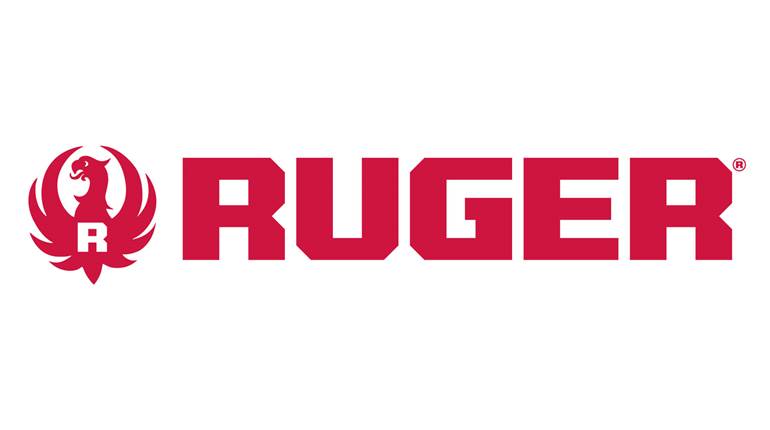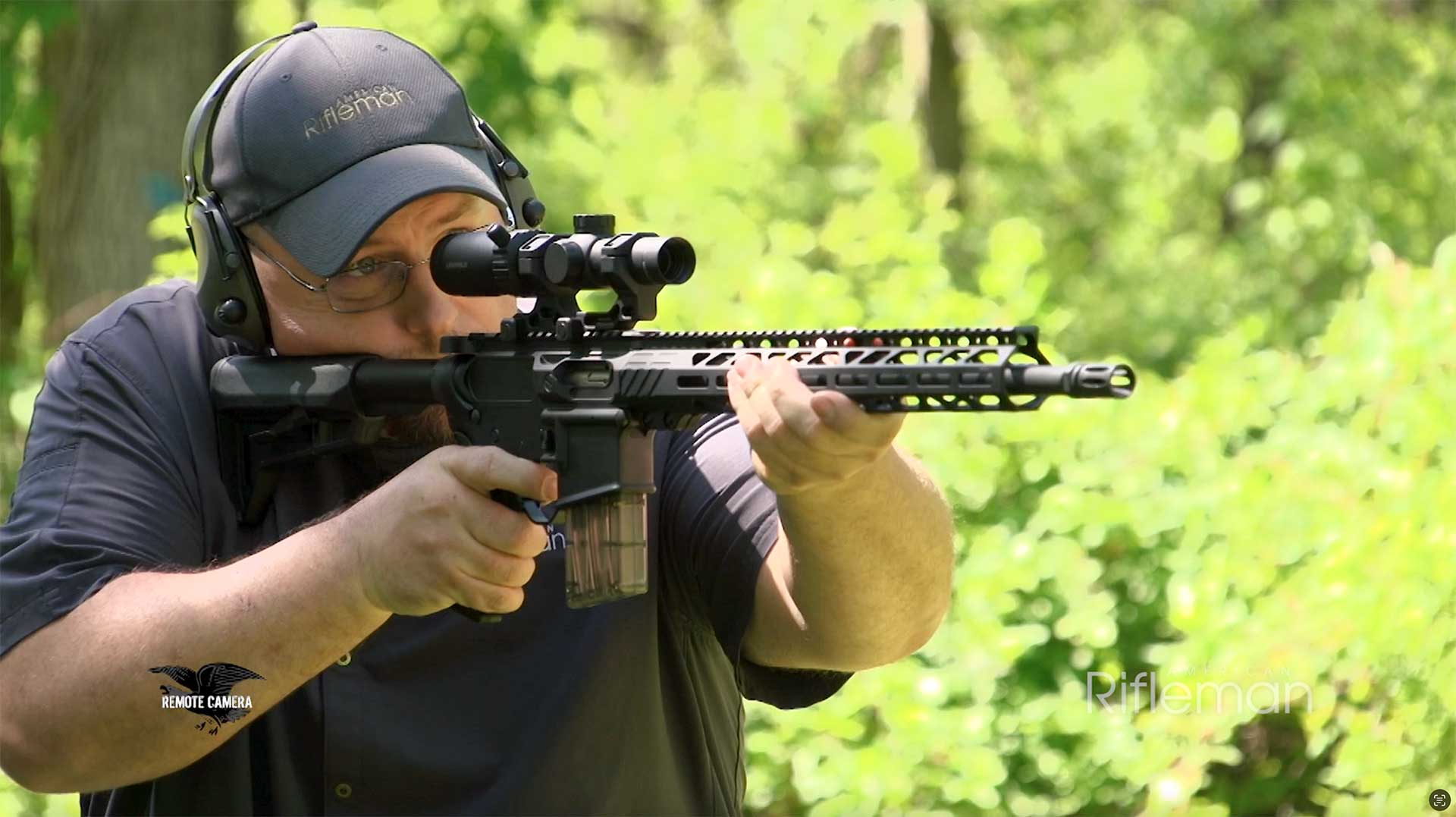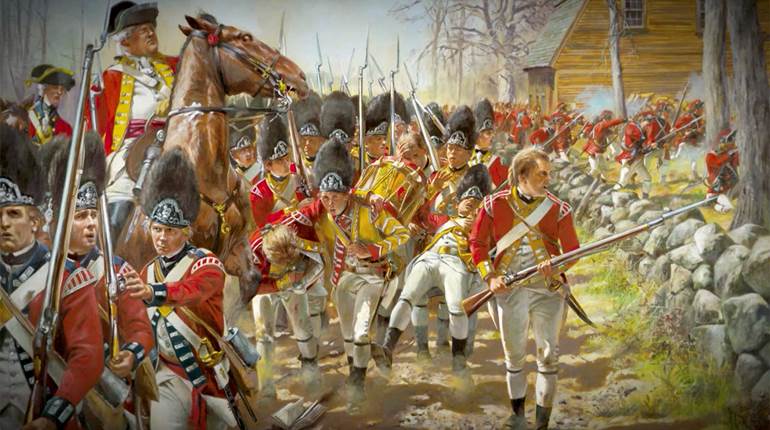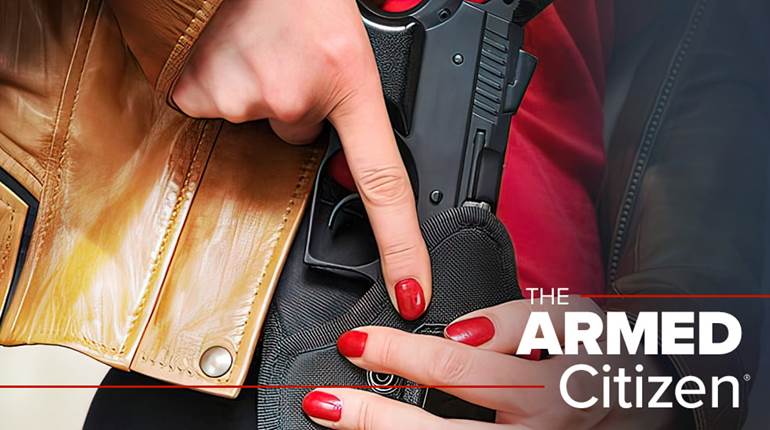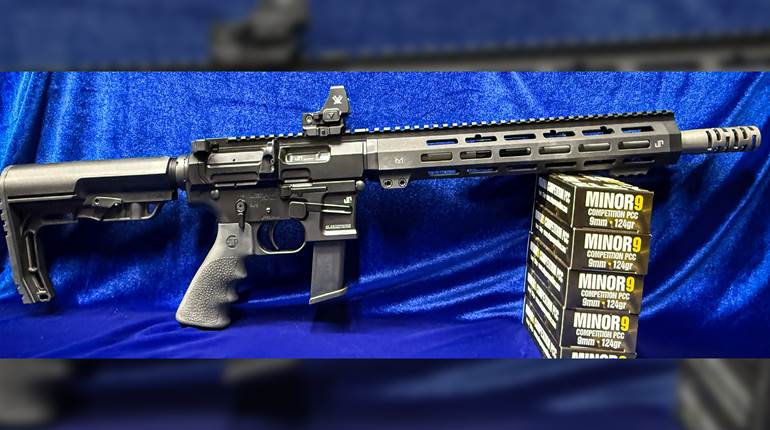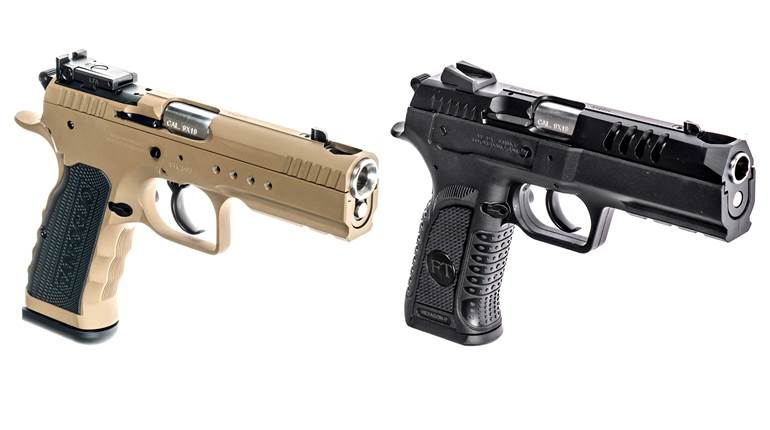
It's not uncommon for gun manufacturers to get caught up from time to time in what could be called a commercial arms race. For example, not too long ago, several companies were striving to produce their version of a pocket-sized .380 ACP to compete with Ruger's popular LCP pistol. As of this writing, we're still in the midst of the single-stack 9 mm concealment pistol race, which was influenced in no small part by the success of the Ruger LC9 pistol.
But back in the mid 1990s, there was another commercial arms race that had nothing to do with pocket pistols. Instead, it was all about harnessing the power of the potent .454 Casull cartridge in full-size hunting revolvers. Ruger successfully crossed the finish line of that race with the first factory-produced .454 Casull wheelgun with a six-shot cylinder. Not only did this version of the Super Redhawk hold one more round than the competition but it was a double-action instead of a single-action. This revolver was a big success and has remained a steady seller for Ruger ever since.
The fever for high-octane wheelguns continued to grow as rumors of more powerful revolvers began to circulate just after the turn of the new century. What was Ruger going to do to top the last one? In 2003, Ruger announced the next version of the Super Redhawk. It was going to be chambered in a brand new cartridge, especially designed for the revolver by Hornady, and it was going to be larger than the .454 Casull. The round was dubbed the .480 Ruger, which made it sound like a powerhouse designed to compete with the .475 Linebaugh.
However, the .480 Ruger was not built to boost power levels higher. Instead, it was designed to provide a more manageable level of felt recoil in a big-bore hunting gun. With the same case dimensions as the .475 Linebaugh, except for being shortened from 1.4 to 1.285 inches in length, the first Hornady factory .480 Ruger loads were topped off with 325-grain XTP hollow points that left the 7.5-inch barrel of the Super Redhawk at around 1350 feet-per-second (fps), providing 1315 ft/lbs of energy at the muzzle. This first middle-of-the-road Hornady load provided a level of performance somewhere in between the .44 Mag. and the .454 Casull, with a level of felt recoil well below the punishing, wrist-snapping kick of the .454 Casull when fired out of the Super Redhawk. It was meant to be a potent hunting solution that more shooters could enjoy and afford to shoot.
So how did gun reviewers and customers respond to Ruger's kinder, gentler big-bore revolver? In short, it flopped for two major reasons. First, Ruger was guilty of offering a well-balanced hunting cartridge to a shooting market hungry for something bigger and badder than what the next guy was shooting. Secondly, the new Super Redhawk arrived at about the same time as Smith & Wesson unveiled its massive five-shot X-Frame revolver chambered in what is still considered the most powerful handgun cartridge in the world-the .500 S&W Magnum. The behemoth Smith & Wesson .50-caliber cartridge stole whatever thunder the .480 Ruger might have had. As a result, the .480 Ruger cartridge slipped quietly off the shooting media stage without ever having a real opportunity to shine.
Over the years, the .480 Ruger Super Redhawk has dropped in and out of production, although the .44 Mag. and .454 Casull versions have remained steadily available. For a time, the .480's six-shot cylinder was traded out for a five-shot cylinder in order to resolve some extraction problems. In 2013, the six-shot version was re-released in both the 7.5-inch barrel standard version and as an Alaskan model with a snubby 2.5-inch barrel. For this review, it was the new 7.50-inch version that was put to the test.
Weighing in at 53-ounces unloaded with a standard-length barrel, the Ruger Super Redhawk is one of the strongest production double-action revolvers available. It features a rugged, over-built all-stainless steel construction with a satin finish. The revolver has a distinctive appearance thanks to an extended, squared-off frame paired with a rounded heavy bull barrel.
The front sight is a removable orange ramp and the rear has a white outline square notch that is fully adjustable for both windage and height. The revolver's topstrap is milled to form the base for Ruger's proprietary integral optics mounting system. Two stainless-steel, 1-inch scope rings are shipped with the revolver and a scope can be mounted without having to remove the rear sight. The unfluted six-shot cylinder rotates counter clockwise and swings out to the left side of the frame when the push-button cylinder release is depressed. When closed, the cylinder is supported by a triple lock-up design to keep it in proper alignment.
The ejector rod is fully shrouded by the extended frame. The exposed hammer is checkered to make it easier to cock. The Super Redhawk has a transfer bar safety that prevents the hammer from contacting the firing pin unless the trigger is pulled. The smooth-faced trigger is housed in a rounded trigger guard and the grip frame, which is shaped like a post, is sheathed in a Hogue Tamer Monogrip designed to manage felt recoil. The double-action trigger pull for this revolver was a smooth, grit free 10 pounds 2 ounces. With the hammer cocked to fire in single-action mode, the trigger pull was a short, crisp 3 pounds 6 ounces. Overall, the revolver provided was a handsome example of the breed with a top notch level of fit and finish.
At the range, the .480 Ruger proved to be perfectly reliable with all of the test ammunition fired. Reloading revolvers at the range or in the field is made much easier with the aid of high-quality speed loaders, but they are not easy to find for less popular calibers. Thankfully, 5 Star Firearms provides top-notch CNC machined aluminum speed loaders and loading blocks for a wide variety of revolvers, including the .480 Ruger. The 5 Star loaders slipped past the grip without a hitch and dropped rounds smoothly into the chamber.
Although the .480 Ruger is seen as a more moderate cartridge when compared to some of its big-bore compatriots, it is by no means a powder-puff load. The Hogue grip did a great job of mitigating felt recoil. However, with or without the cushioned grip, the .480 cartridge does not produce the painful hand-whacking recoil of the .454 Casull.
The Super Redhawk was topped off with a Bushnell Elite 2-6x32 mm /] handgun scope held in place by the factory provided rings. The scope features a weatherproof one-piece aluminum tube designed to withstand heavy recoil and multi-coated optics that provided a clear, bright sight picture. The audible click windage and elevation adjustment knobs are set for 1/4 MOA and the fast-focus magnification adjustment can be locked in place with the turn of a screw.
Formal accuracy testing was conducted from a bench using targets set at 50 yards with the scope attached and the revolver fired in single-action mode. The test ammunition featured relatively light-bulleted hunting cartridges including a Federal Premium round loaded with an all-copper 275-grain Barnes Expander bullet, Speer's Handgun Hunting load topped with a 275-grain deep-curl hollow point and Hornady’s Custom 325-grain XTP, loaded to the same 1350 fps as the original round released in 2003. Measured in five-shot groups, the Federal load produced the best single group of 2.44 inches along with the best group average of 2.75 inches. The Speer load averaged 2.85 inches, followed by Hornady at 2.99-inches.
Years ago, I heard a bit of sage advice from a local movie reviewer during a radio broadcast. He said that a movie should be judged for what it actually is, not for what the audience or critics imagine it should be. In their rush to adopt more powerful cartridges, folks missed out on the opportunity to discover the .480 Ruger's potential as a handgun hunting cartridge. Much like the .41 Rem. Mag. and the .327 Federal, the .480 Ruger remains available but relegated to the shooting sidelines.
I've had the pleasure (and the pain) of standing behind several of the modern big bores as they've gone off in my hands, including the .44 Mag., .480 Ruger, .454 Casull, .475 Linbaugh and the .500 S&W. They all offer certain advantages and, of course, plenty of power. But given a choice, I think the .480 Ruger offers an excellent balance of power and shootability. With the re-release of the .480 Ruger Super Redhawk in 2013, I was optimistic that this gun and ammunition combination might finally be here to stay. But in the time between receiving a factory-fresh .480 to test and the publication of Ruger’s 2014 catalog, once again the .480 Super Readhawk fell out of the production schedule. Hopefully it will be back before too long.
Manufacturer: Sturm, Ruger & Co., Inc.
Model: Super Redhawk
Action: Double-Action Revolver
Caliber: .480 Ruger
Finish: Satin Stainless Steel
Grips: Hogue Tamer Monogrip
Sights: Ramp Front, Adjustable Rear
Barrel Length: 7.5”
Overall Length: 13.00 Inches
Weight: 53 ozs.
Capacity: 6 Rounds
Twist: 1:18” RH
Rifle Grooves: 6
Accessories: Hard Case, Two Scope Rings, Owner's Manual, Lock
MSRP: $1,079 (2013 Catalog List Price)














